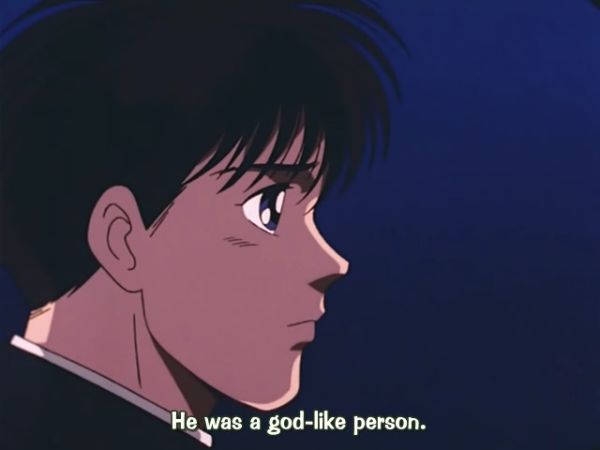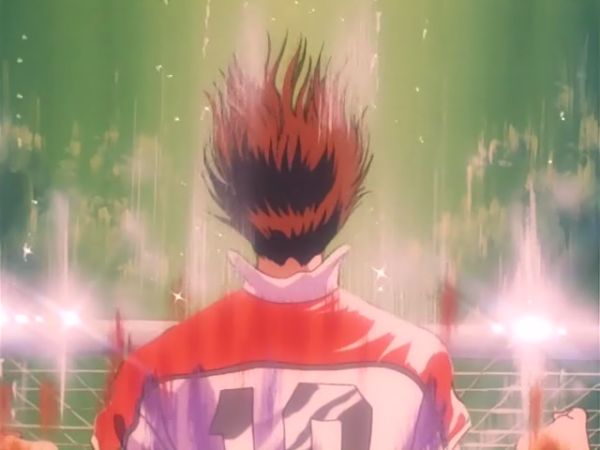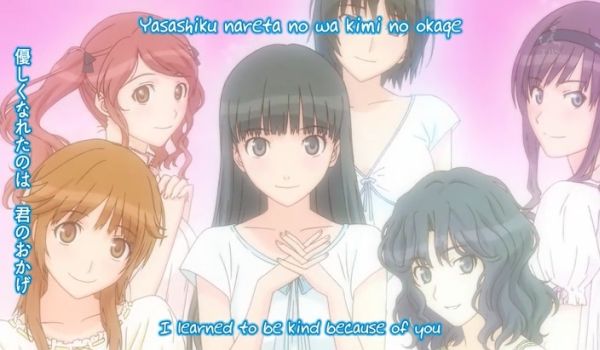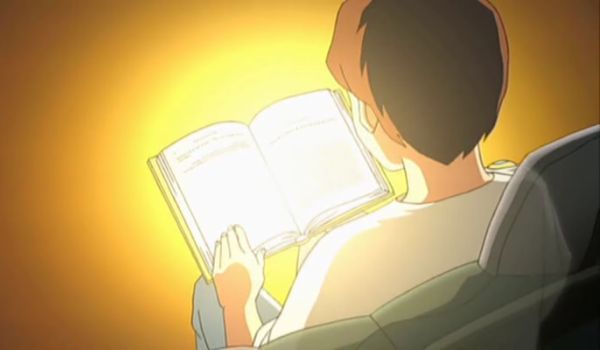
“To be connected with the whole world, doesn’t it sound like a dream?” Or, in the words of Jean-Paul Sartre: “Hell is other people.” One girl’s dream is another man’s hell! What are my dreams? And what is my dream? Not the same thing…
Due to the cold, perhaps, I woke up a couple times before the alarm, even though I had slept too little the night before. (Not a dramatic insomnia, I just did not get my timing right.) Thanks to this waking up, I remember the two last dreams of the night.
In the first dream, I was going to college. But it was a college run by my current employer, and had experts from the various teams and departments teach their specialties to us who were studying there. That way, if I managed to learn, I would be able to to solve many of the problems as soon as I got them, rather than sending them on to people who were already overworked. (This is actually, if not realistic, at least giving me a hint of something. I should talk about this with my boss. Obviously not a college, but some way of sharing skills across teams. If no one else, then I at least am willing to study with the other teams, because I cannot continue being this clueless when others are working as hard as they can and still falling behind!) Anyway, the details are restricted by my non-disclosure agreement. I woke up just as I realized that I would not have to apply to get my old job back after I graduated! ^_^
I fell asleep again, after putting on the second space heater by my bed. (Yes, it is that cold. It is that or wearing outdoors clothes in bed. We are talking deep freezer here.)
My second dream was much crazier. It was about a young woman who decided to dive into the ocean from the ceiling of the atmosphere. That would presumably be the ionosphere in real life, but in my dream there was an actual ceiling over the atmosphere! Otherwise it was kind of realistic though. Obviously she did not dive in just a swimsuit from that height, but in a kind of re-entry capsule, in the shape (though not size!) of a short pencil, its sharp end down. It seemed like a hopeless thing even so, but I was just a disembodied witness. Needless to say, we did not find her or her capsule.
I woke up again, but briefly fell asleep once more and in the dreamworld some 30 days had passed. I read in an online newspaper that the capsule had just recently been found. Obviously the young woman was dead, but the scientists were optimistic that they would find enough data to say for sure whether she died before or after hitting the water. So it was not all in vain. It might be useful to others in the future of space travel (except the ones who are dead…) and anyway, it is science. Learning something new is always valuable.
The article also mentioned that she had a baby daughter, a few months old, for whom she had evidently left a message. I don’t think the message was disclosed, but I would not have cared anyway. I was just thinking about how you just don’t risk your life when you have a baby, it is just wrong. (Although on waking up again, I realized that there is probably no other time in your life you are more inclined to jump from the ionosphere…)
Anyway, that was my dreams tonight. In eerily related news, during my reading of Voyage of the Dawn Treader, I came to the part where they arrived at the Island of Darkness. Spoilers ahoy, obviously!
***
In the novel, this island is also known as the Island of Dreams. The crew picks up a man fleeing from the island. He tells them that it is a place where dreams become real. They start out thinking that this would be a good thing. Dreams come true? That is a very positive phrase, after all. But then he explains that he means real dreams, not daydreams. And suddenly they row for their lives. (Although in the end, they are able to escape only with the help of Aslan in disguise. This Aslan fellow sure is something!)
So this made me think of what Ryuho Okawa wrote, that you can get an idea of your afterlife by observing your dreams. He also says that the Other World is a world where dreams are real and reality is like a dream – they switch places, basically. The afterlife is not of the body, but of the soul and mind only. The soul will gravitate toward that which resonates with its content. If my soul is filled with love for others and hope of seeing them happy, then it will surely gravitate toward that kind of scene eventually, not just in the afterlife but during our last years on Earth as well. If however it is filled with suspicion or envy or grudges, it will seek out such places both in our dreams and later when it moves freely.
This certainly sounds logical, although I am not sure whether it is theo-logical. But if we think about it, who is going to Heaven if I am not a person who would like it there? Â If I go to Heaven and hate seeing happy people, won’t Heaven be Hell? They should be swarming all over the place, after all. If I become transformed in death so that I wake up not hating people, is it really me, or haven’t the real me died and been utterly destroyed (“fear him who can destroy both body and soul, yeah verily”) and some other guy gone to Heaven instead? It is not much help if he has my name if he has a different soul.
So. There may be something to it. But! Our dreams, don’t they reflect our past more than our future? If they are beginning to change – and it seems they are – is it not the newest me who counts? Think of that robber on the cross, I am not sure he slept too well during his last days on Earth, but I think he slept much better after his death, knowing that he would wake up to be with Jesus in Paradise.
I myself is still a bit nervous, but I am no longer convinced that I unavoidably will go to Hell. There is still some Hell in me, but I don’t feel at home there the same way as before. I am no longer so quick to think “I’m going to take you bastards with me to Hell” if I feel threatened. But it may still be much, much too early for me to say: “I’m taking you bastard with me to Paradise!” like my hero. Â Perhaps one day… Yeah. In my dreams.









